Jessica Gianelli
Photography
Art Direction + Publication Design
Research + Creative Ideation
Writing + Editing
Workshops + Mentorship
Info
Contact
Instagram
Photography
Art Direction + Publication Design
Research + Creative Ideation
Writing + Editing
Workshops + Mentorship
Info
Contact
“The function of art is to do more than tell it like it is-it’s to imagine what is possible.”
(hooks, 2012)
(hooks, 2012)
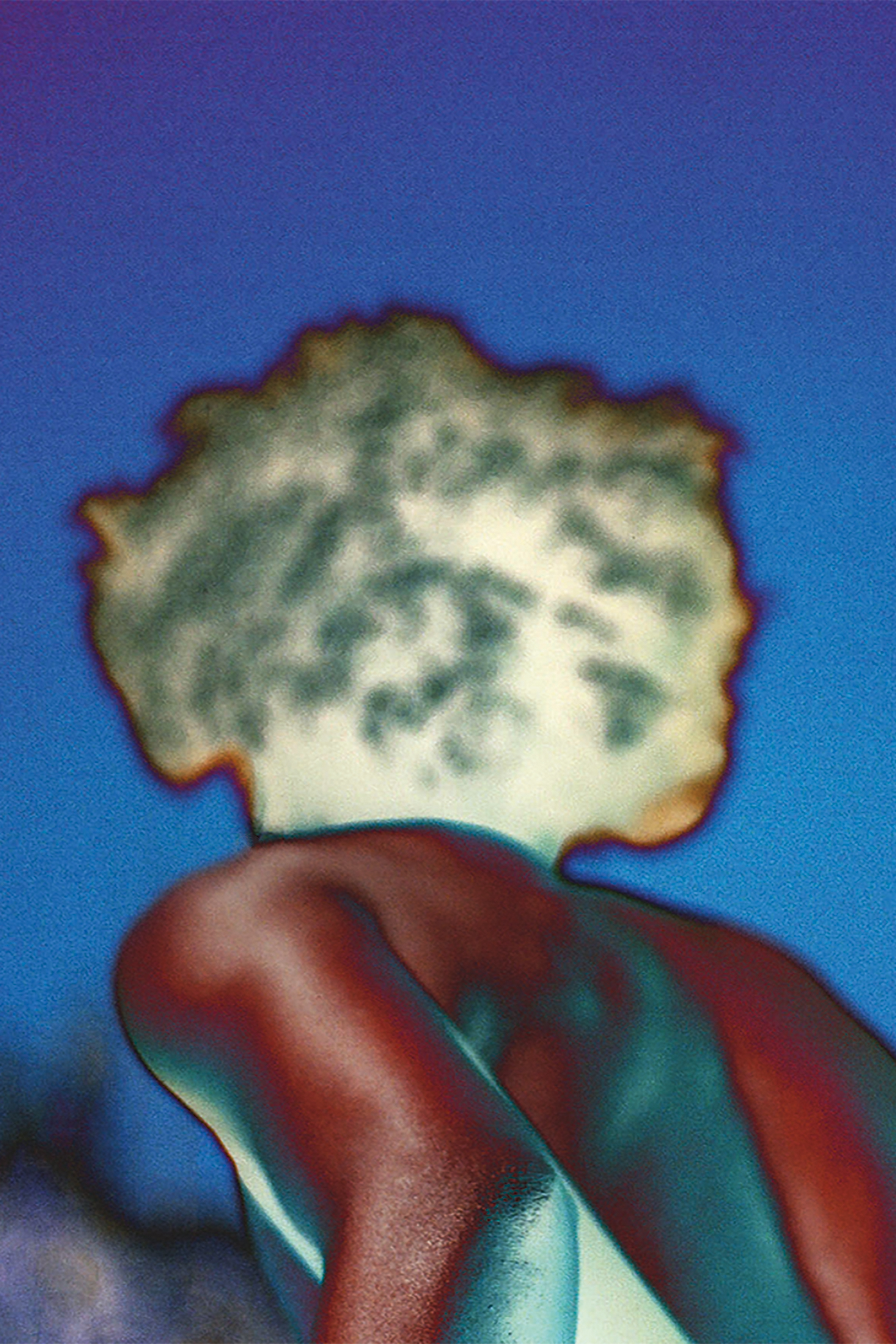




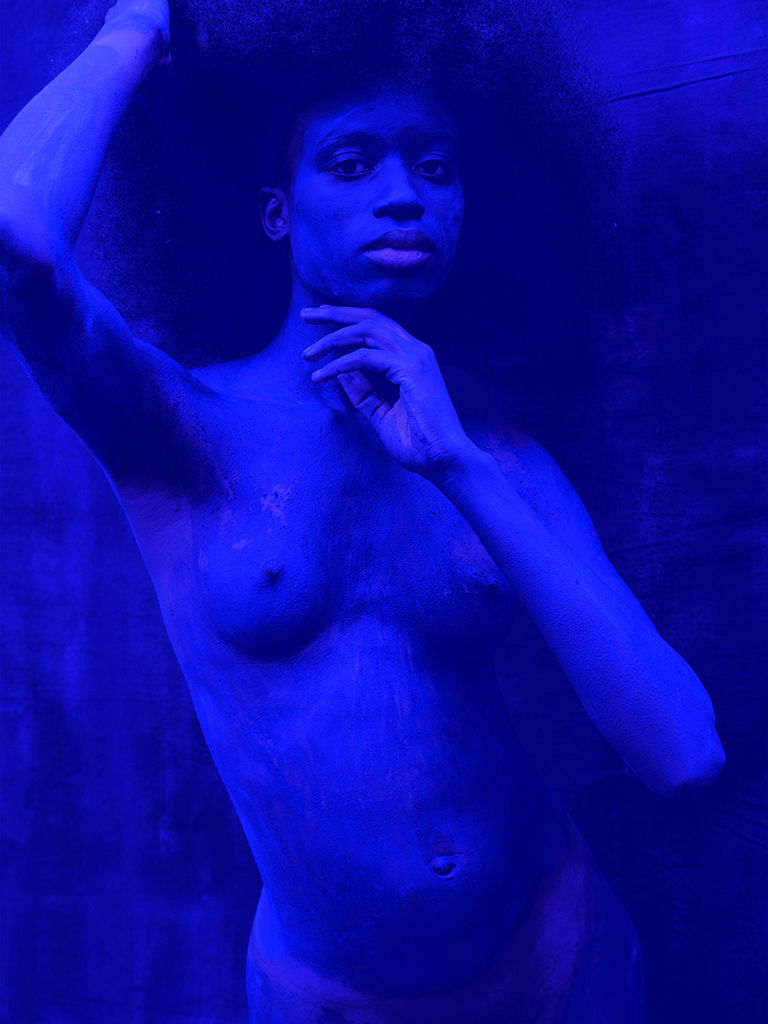
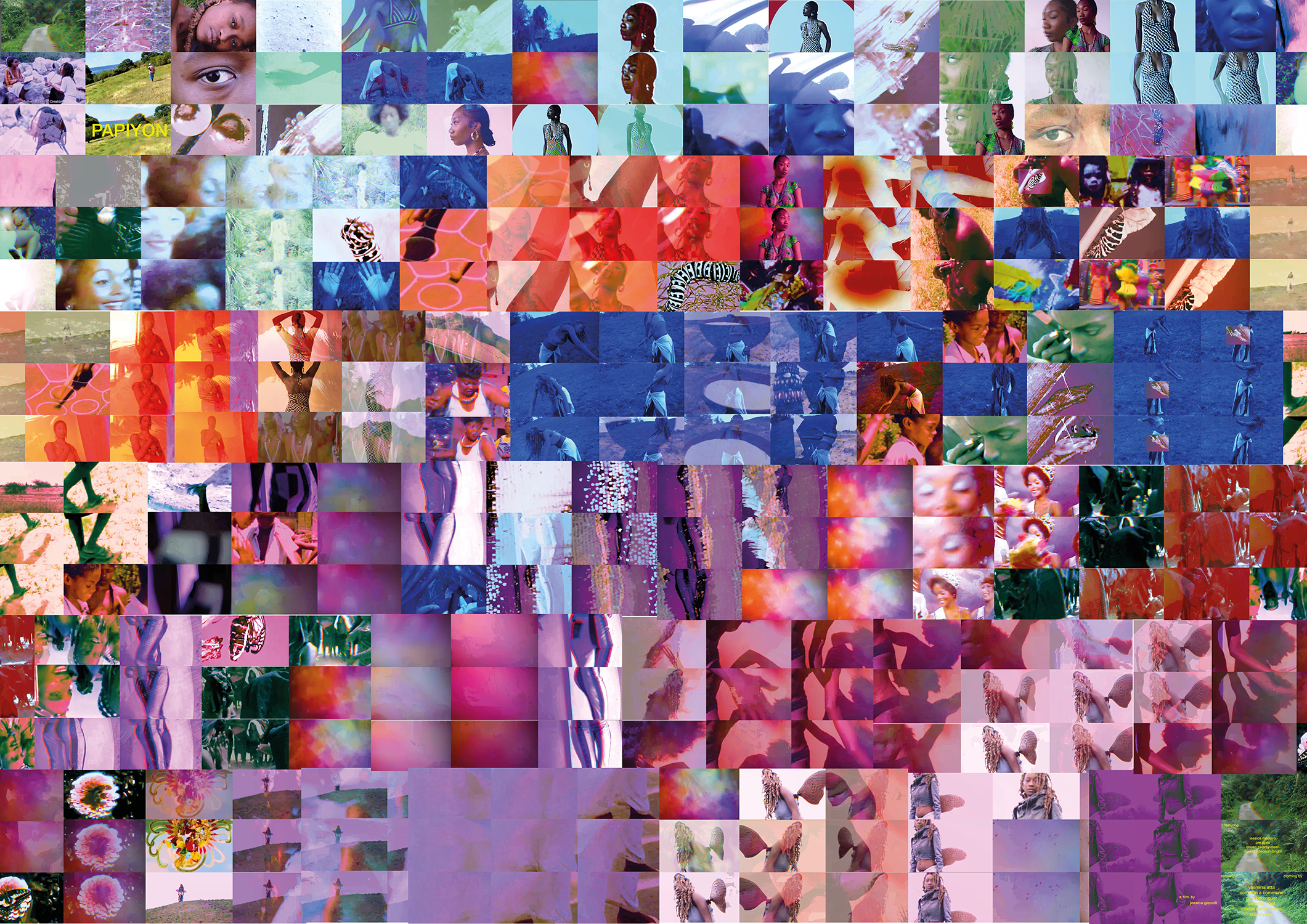

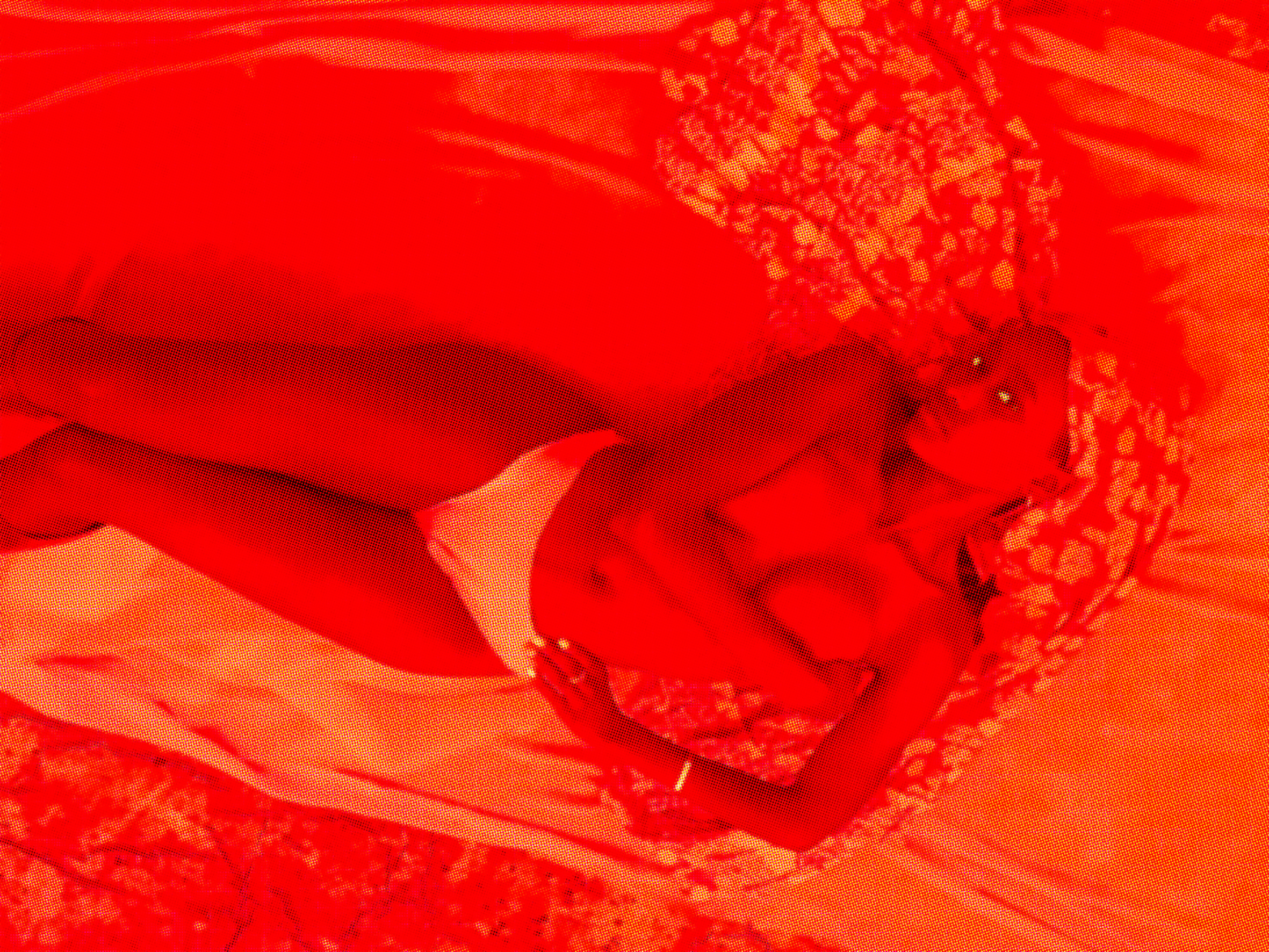
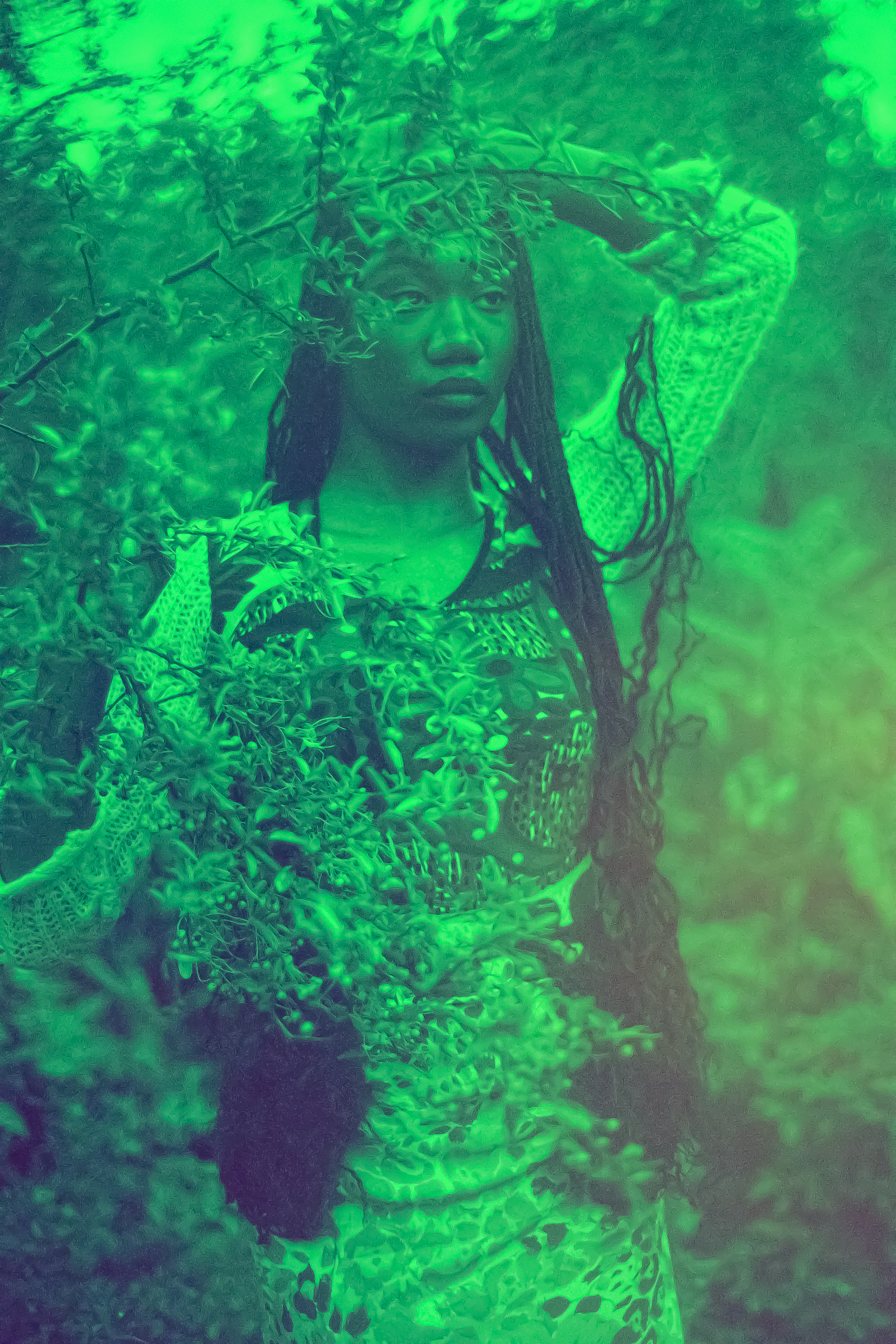
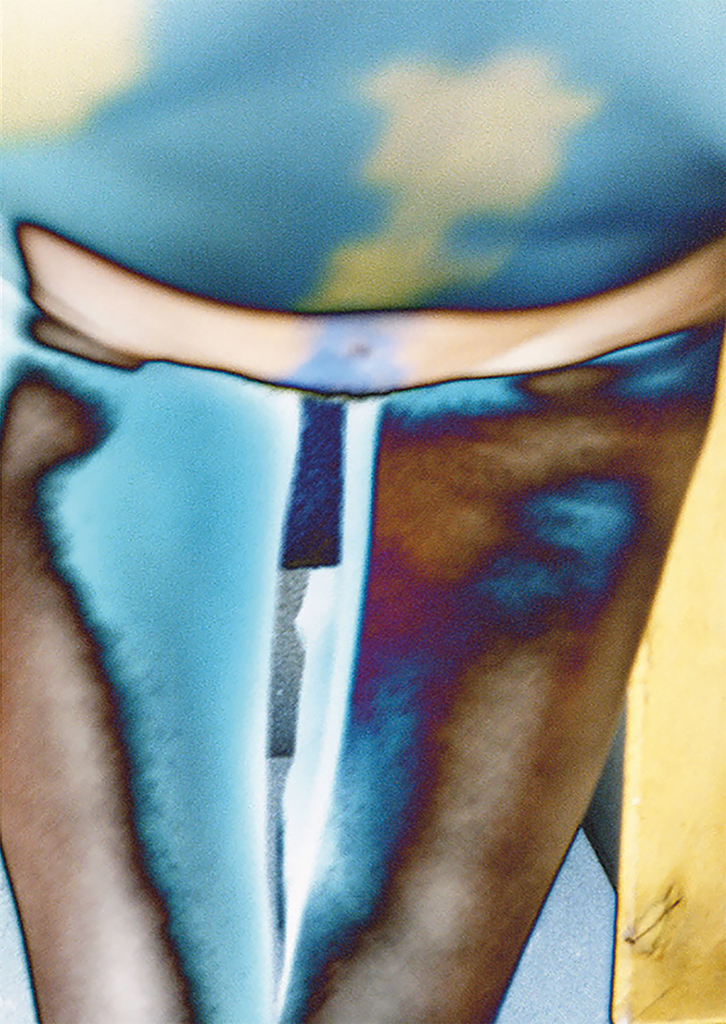

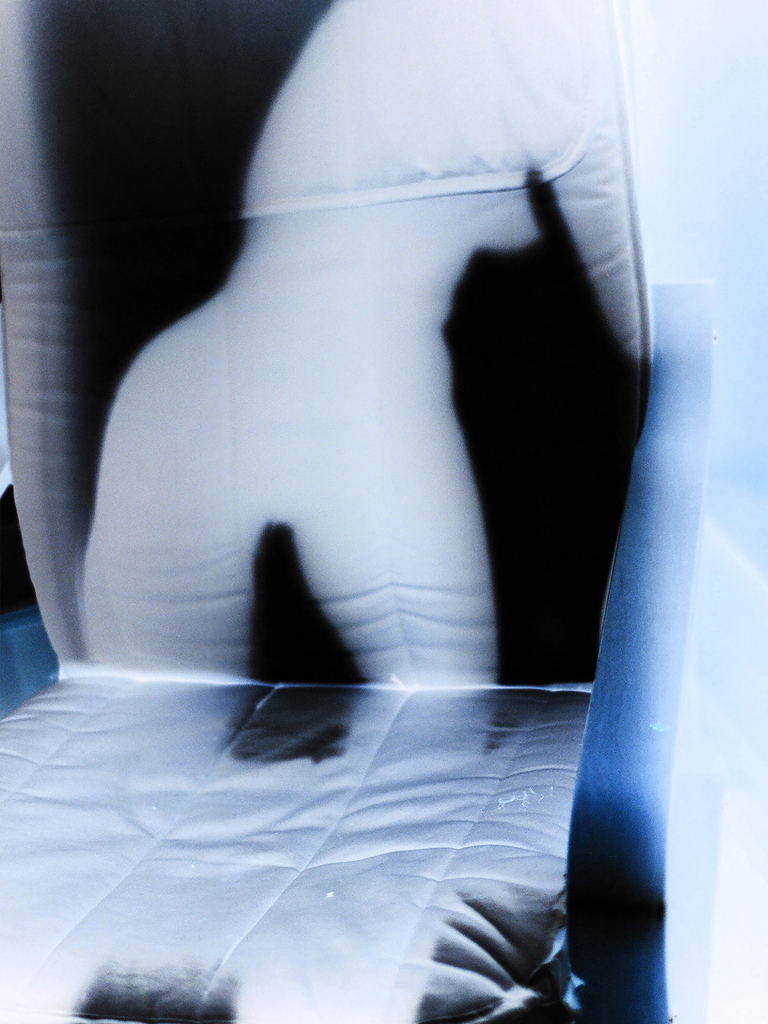
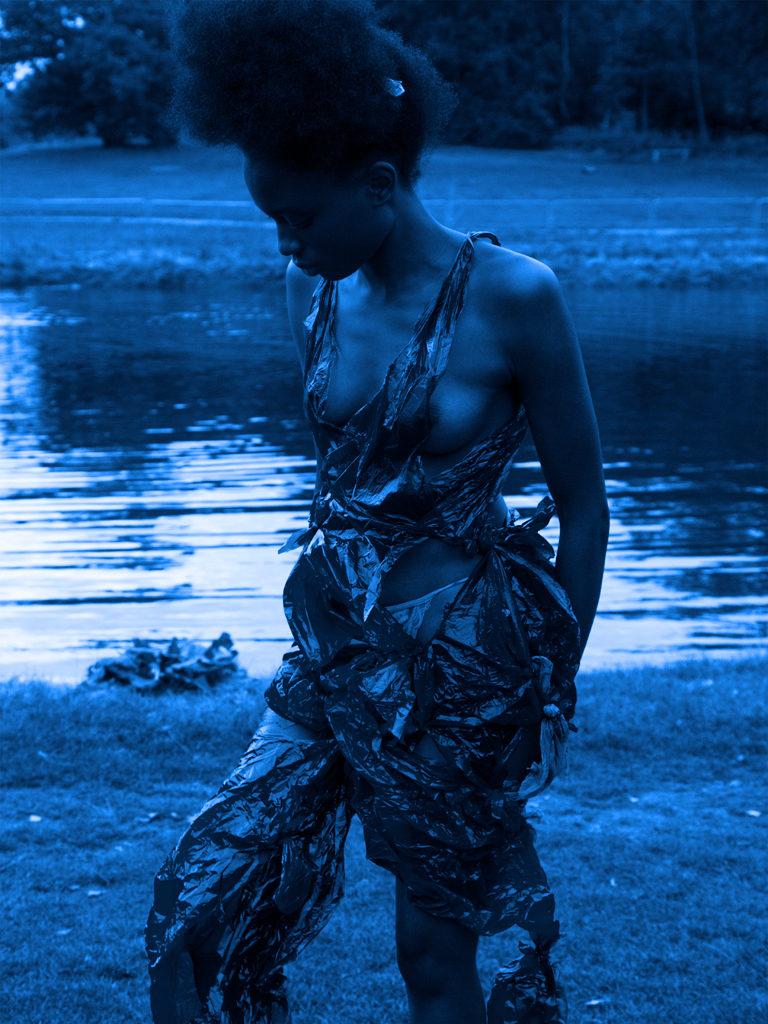
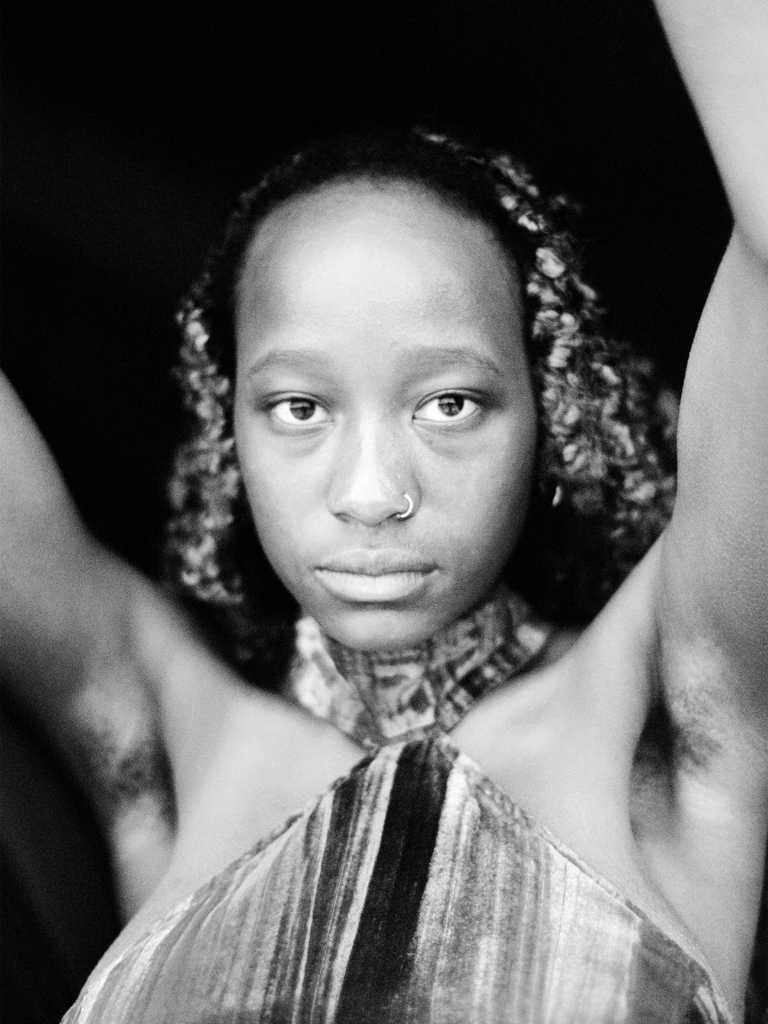
Papiyon (2020) was born from both a personal and collective yearning for liberation. Addressing an ‘Afropessimist’ perspective, the project ponders the creation of a new world, even simply by way of the imagination. Probing areas of mythology and narrative, it considers an auto-ethnographic perspective, looking at how the black woman can engage in the re-authorship of her very own narrative — presenting ourselves from within the context of our very own truths.
Looking to the lofty subject of decolonisation, the project introduces an amalgam of narratives, where - utilising both traditional and more experimental avenues of portraiture - my subjects and I explore the personal myth as a tool for decolonisation, dissecting and recontextualising African, Caribbean, and Indigenous depictions through an anecdotal lens.
Papiyon then looks to narratives of the past, and through a similarly mythological lens re-introduces the presence of the black woman in emphasis of her transformation, and ultimate liberation. The title takes its name from the Hatian Creole spelling of butterfly, grasping at the colonial roots of Caribbean existence, in an effort to continually debase colonial notions, allowing a space for decolonisation to emerge. Implementing an explosive rhythm of colour, pace, and texture, and engaging with existing archival imagery from within a colonial context, it is a call to attention — an action which takes hold of certain colonial notions of black womanhood and attempts to reintroduce her, unencumbered.
In 2021, the series and film were exhibited with LUMA Arles at Les Rencontres d’Arles and shortlisted for the Dior Photography and Visual Arts Award.